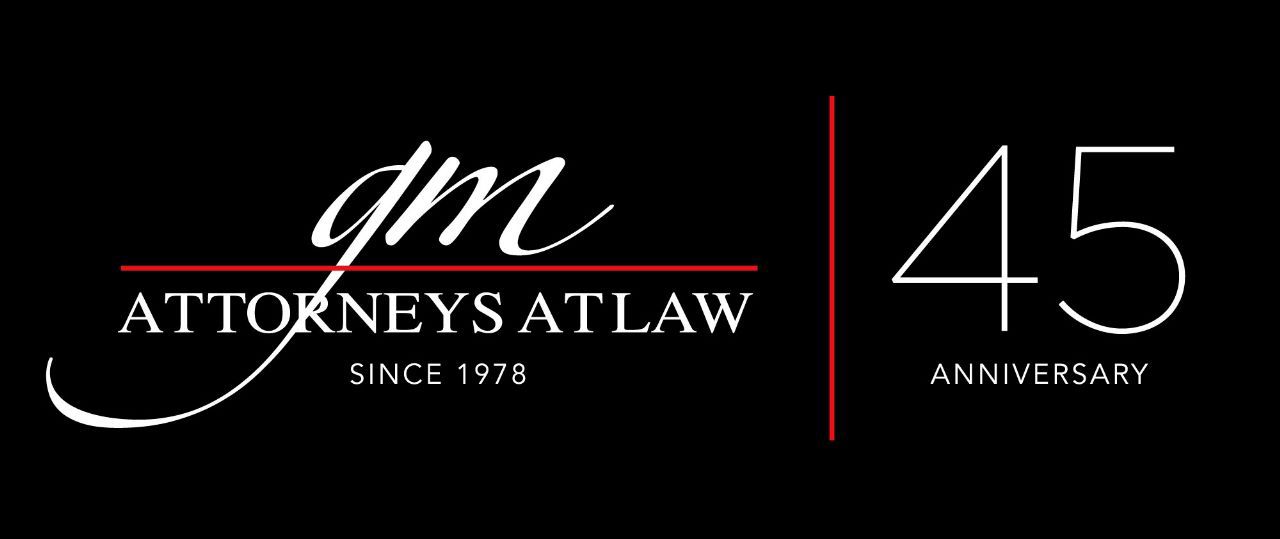By Alina Guzmán
As Costa Rica embraces the digital economy, new regulations are being implemented to ensure tax compliance for digital platforms operating within its borders. Starting January 1, 2025, digital platforms in Costa Rica that generate profits from a percentage of citizens must begin collecting information such as the names of service providers, the amounts deposited to them, and the account numbers to which payments are made, among other data.
The goal is that by April 30, 2026—no later than a year and a half later—these platforms will present a report to the CR Tax Office containing this information. The publication on November 6 in the Official Gaceta concerning Resolution MH-DGT-RES-0025-2024, which addresses the automatic exchange of information regarding sellers conducting relevant activities through digital platforms, outlines these requirements.
Platform operators must provide information when a “relevant service” is offered, which the resolution describes as:
- The rental of real estate.
- A personal service (a service that involves work based on time or task).
- The rental of transportation in exchange for compensation.
- Also, when “relevant activities” such as the sale of real estates are provided.
Data that will be collected by CR Tax Office includes:
- The seller’s name, surname, and identification, along with their primary address and date of birth.
- The tax identification number assigned to the seller in Costa Rica.
- The address of the property listings for each seller.
- The total compensation is credited during each quarter of the reportable period.
- The number of services offered for which payment was received.
- The name of the account holder is for the financial account where the compensation is paid.
- Any fees, commissions, or taxes withheld or charged by the platform operator.
The information to be reported by platform operators covers a calendar year, specifically from January 1 to December 31. They must submit this information no later than April 30 of the following calendar year. The data must be presented to the Tax Administration using the Financial Information Exchange System (SIIF).
Penalties for Non-Compliance
The resolution states that if entities fail to supply the information, a sanction will be applied equivalent to a monetary fine proportional to 2% of the gross revenue of the infringing party during the income tax period prior to the occurrence of the infraction. The minimum fine will be three base salaries and a maximum of one hundred base salaries. If the obligated party supplies the information within three days following the expiration of the deadline, the monetary fine will be reduced by 75%.
Digital platform operators are encouraged to review these new requirements and consult a tax professional to ensure compliance.
At GM ATTORNEYS, we are glad to address your inquiries and provide guidance on this and other related legal matters. Feel free to contact us at info@gmattorneyscr.com or visit our website and blog section at https://gmattorneyscr.com/blog/
